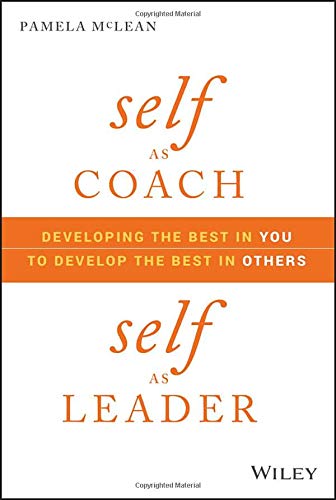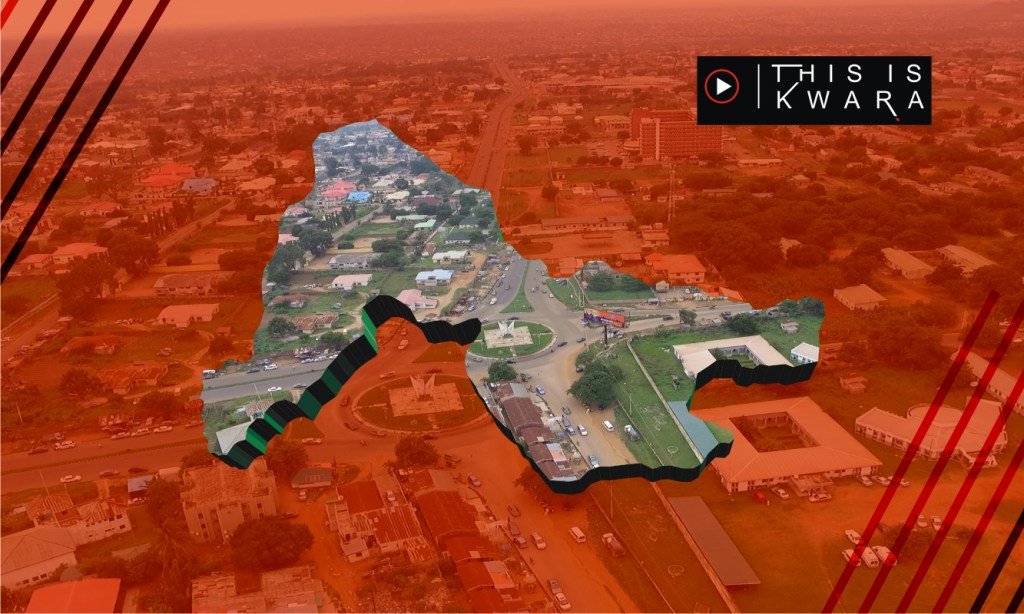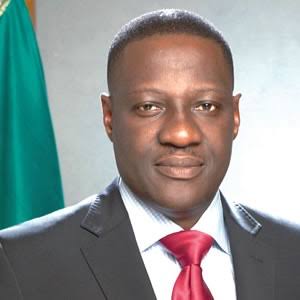Bulger says Boudreau picked him up and drove him to the Bathurst police station. They were working on a "small project" and getting through paperwork, email, mainly admin work.
Bulger says he then called the train station. He told DeSilva the train had yet to arrive.
Bulger says he grabbed the encrypted radio system. Another officer printed photos of Michel Vienneau found on the motor vehicle database.
He says as the train was arriving, "I described the play-by-play" of what he was seeing.
"As soon as I saw the direction he was going to take ... I called right away for Julie. 'Go Julie, go, he's going to go south,'" Bulger recalls.
"I was yelling 'police, police, stop,'" he says.
"At one point, he hit my left knee," Bulger says.
"I was stuck under the bumper at that point," Bulger says.
"I was trying to run away from the car" but it kept coming, Bulger says.
When he was hit the second time, he was just in front of the tire. His knee was "six inches from the tire spinning, I could see that."
After the "bang bang" he says the revving of the Cruze's engine stopped.
Another person said they would get the woman, so he went to the driver's side and started CPR on Vienneau.
He says he recalls the ambulance arriving, inserting a tube in Vienneau's throat. A man showed up who said he was a doctor who took over CPR.
"It was hurting, but my main focus was to work on Mr. Vienneau at that time," Bulger says.
Munro is entering three pages of documents into evidence.
Bulger describes them as a triage sheet filled out when he went to hospital.
Bulger: When they realized that Vienneau wasn't going to pick up any more luggage.
Bulger says they had names, where they were coming from, where they were headed, the info about the Cruze at the train station, the photo of Vienneau.
Yes
Did you do that?
No
Did you know that name from your experience in the drug world?
No, my work was in the Bathurst area.
No
You had no idea who the female was?
Correct
No info about her to lead you to suspect her of drug trafficking?
Correct
“I was tasked to go to the train station, otherwise he would have said not to go there,” Bulger says.
“‘Be safe, don’t get into a chase’ - some wording like that,” Bulger recalls DeSilva telling him before they left the office.
“Everything was there,” Bulger says of what the tip had described. He says what they say corroborated the tips.
Enough info for you to make an arrest?
At that time, yes.
While they were waiting for the train.
What did you tell him?
That it’s normal.
No.
Did anyone do checks on Vienneau on police databases while waiting for the train?
No.
And you don't have an explanation why it wasn't done?
"I didn't do it myself, no."
No.
Did anyone ask about the female?
"I didn't."
Yes
Did it work to your knowledge?
Yes.
You've used it before?
To get someone to pull over.
Did it have a PA system?
Don't recall.
The only thing I told him was to turn on the lights.
The siren was never put on?
No.
If you were driving, would you have put it on?
"I don't know, probably not."
Bulger: The plan was made when we parked and arrived there and saw how the car was parked.
Yes. Everybody on the team agreed and acknowledged at that point.
Did you tell anyone what you’d do once face-to-face?
“You cannot predict what’s going to happen.” If you go by textbook, you put on the lights, get out.
Yes.
Bulger: That morning, I was the one leading. It changes from time to time. “That morning, because Ron gave me the tip and the order to go, I was the one in charge.”
You stayed in charge?
I was the one relaying info to the team.
Not that I can recall.
I didn’t see any drugs.
Since you didn’t see any, is it fair to say that you didn’t see any obvious sign of intoxication.
“No, I didn’t see any impairment.”
Not exactly looking at me.
Did you realize that at some point in time she was looking at you?
No.
Correct.
What you saw corroborated it?
Correct
I saw no sign of impairment. He was walking around. No sign that him or her were under the influence.
Yes.
Why not stop him when he got in the car?
Because no sign of impairment.
"It's two different things. I cannot arrest someone if I don't see any sign of impairment."
But you had info about possible impairment?
Yes.
We had info that he had drugs and there he was as described coming off the train.
So you'd arrest him to investigate further?
Yes, for possible possession for the purpose of trafficking.
Chiasson asks if he'd agree what unfolded happened as a result of their actions.
No.
Not at that point, but I can't see under clothing, I don't know what he has in his possession. "I don't know if he has a knife or a gun."
If it went that way, Julie Daigle would have called the situation and made the stop.
He worked with the unit for a few months. They switch from covert to tactical as required.
It could, but that would've been a different scenario.
"It's possible," Bulger says.
“I would not sit like a sitting duck in my car when I’m making a drug arrest because I don’t know if they have a gun or something,” Bulger says.
Bulger says each situation is different.
Bulger says he doesn't understand the question.
Yes, he says Boudreau backed up to block the car.
So why there with people around?
Bulger says everywhere they'd pull a car over would have people around.
“It’s not something you plan in advance,” Bulger says. “You react with what is presented to you.” When the Cruze accelerated, something was wrong. So he grabbed his gun. Then the Cruze hit their car.
Bulger: I don’t recall that.
What if I said you agreed with Boudreau you'd come out with gun in hand?
I don't recall that. We had a lot of discussion in the car waiting for the train.
They were there to protect the public.
Do you believe that’s what you did on that day?
Tried to, yes, Bulger says.
Yes.
And others testified she was yelling 'you're not police officers' after the shooting?
Yes.
Get out of the car and assist me.
Given it was his first time doing that, did you give him any caution.
No. There was the conversation about him being nervous. Bulger told him it's normal.
Bulger doesn't directly answer, focuses on the word "jumping" and says that's not what he did.
Bulger says when he was exiting the car, he had one hand on his badge, one on the door.
He grabs his sidearm as he’s clearing the door. The Cruze was revving. He moved his gun toward the threat.
He goes down a line of hypothetical questions about what Bulger would've done IF Vienneau had stopped.
Tell him he was under arrest for trafficking, Bulger says. Then search the car.
If he searched the person and found drugs, that would give grounds to search the car.
If you didn’t find drugs on him, then what?
I could go an get a warrant, or have him sign…. Bulger trails off.
Could have seized the car after the fact and obtained a warrant.
That’s your belief, that you could obtain a warrant.
“I could have done it that way.”
It’s not up to me if I get a warrant or not.
You heard him talk about a Crime Stopper tip?
“That’s his opinion,” Bulger says.
I never tried, Bulger says.
Bulger's lawyer, Brian Munro, begins re-direct questioning.
No.
So you had to take what you were issued by the force?
Yes.
The arbitrator says he has several questions. He first turns to the decision to stop the car and what would've happened if Vienneau did stop.
Well what if he said pills, search the car, I don't have pills.
I would've patted him down.
Handcuffs?
Yes.
It all depends. Could have him sit in the car, or outside.
Someone would have read his right to counsel. But he would've had the right to go.
So never under arrest?
No.
"It's a hard question to answer. Nobody walks up in teh morning thinking that scenario would occur. When you become a police officer, it's surely not to use your weapon."
"The way we did that operation that day, that was the way I was trained." Bulger says they did other operations with the unit the same way.
12 years.
Did you use your firearm in the line of duty?
Just to deal with injured animals on the side of the highway.
With humans?
No.
Did you take it out?
When executing a search warrant with the drug unit.
Arbitrator: Did you ever feel anger toward Vienneau because he didn't stop?
"No," Bulger says.
Because if he stopped, we wouldn't be here.
Yes.
I do believe I heard bang bang when the car was going up the hill (snowbank).
My thinking was that I didn't want the car to move.
So no link between those shots and you taking a shot?
No.
Bulger: In-house information versus data from other jurisdictions.
The answer wasn't clear.
What if you had a few more hours to check the tip?
A check would've been made, but that doesn't eliminate the decision to go or not.
No.
What if there was a hit?
Still would've gone.
Bulger: English. But when he later approached Basque, he spoke to her in French.
As I was exiting the car, I could hear the car revving, so I started to remove it. As I cleared the door, Vienneau's car hit the unmarked police car.
If I see the hands on the steering wheel, my gun would not be out.
What about the passenger?
Same thing. I was on driver's side. Boudreau would deal with passenger.
Yes, and everyone who heard the plan said "10-4, yes, oui."
I would voice my concerns.
What if it was a sergeant?
I would speak out.
Yes.
On the radio, no. I talked to Boudreau.
What about?
We don't have much to talk about because we didn't hang around outside work.
How long does it take to do a CPIC check?
If you have all the information, maybe a few minutes to get the information.
Yes.
Munro asks if someone could be committing crimes and not appear on CPIC?
Yes, he's experienced someone committing crimes for years without being on the database.
Now into some procedural discussion around whether to hold oral final arguments or written.
















